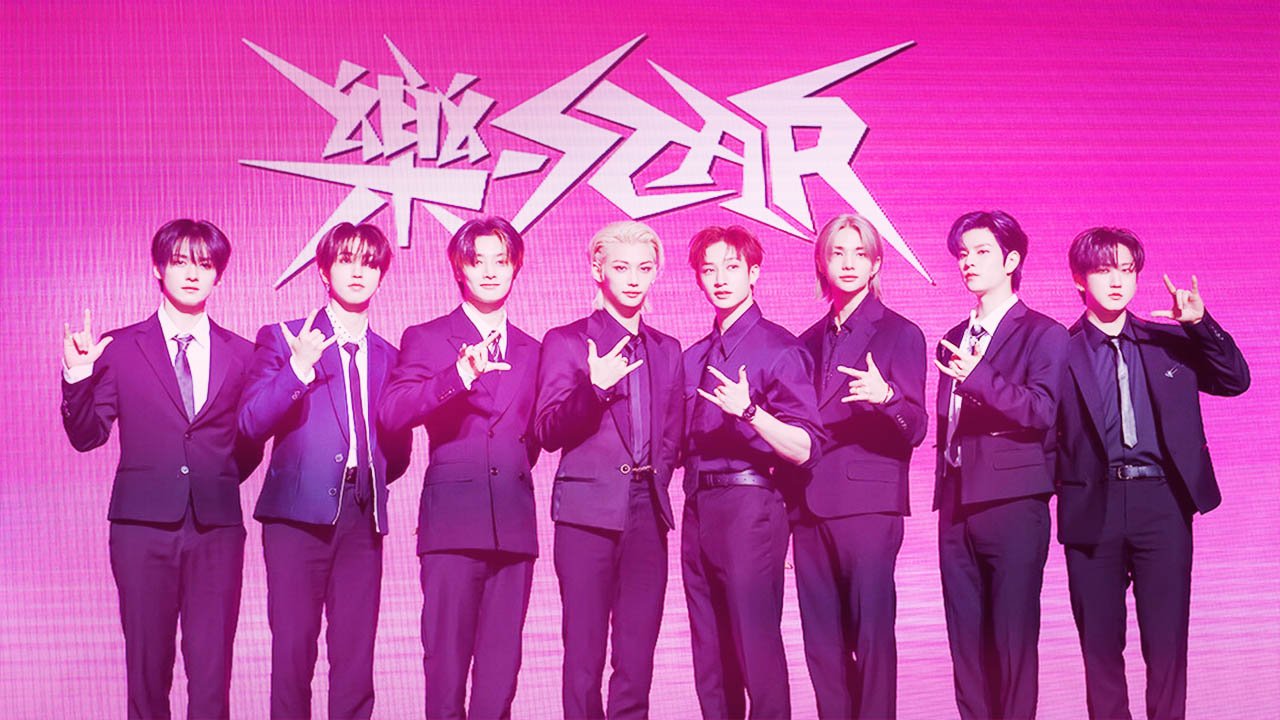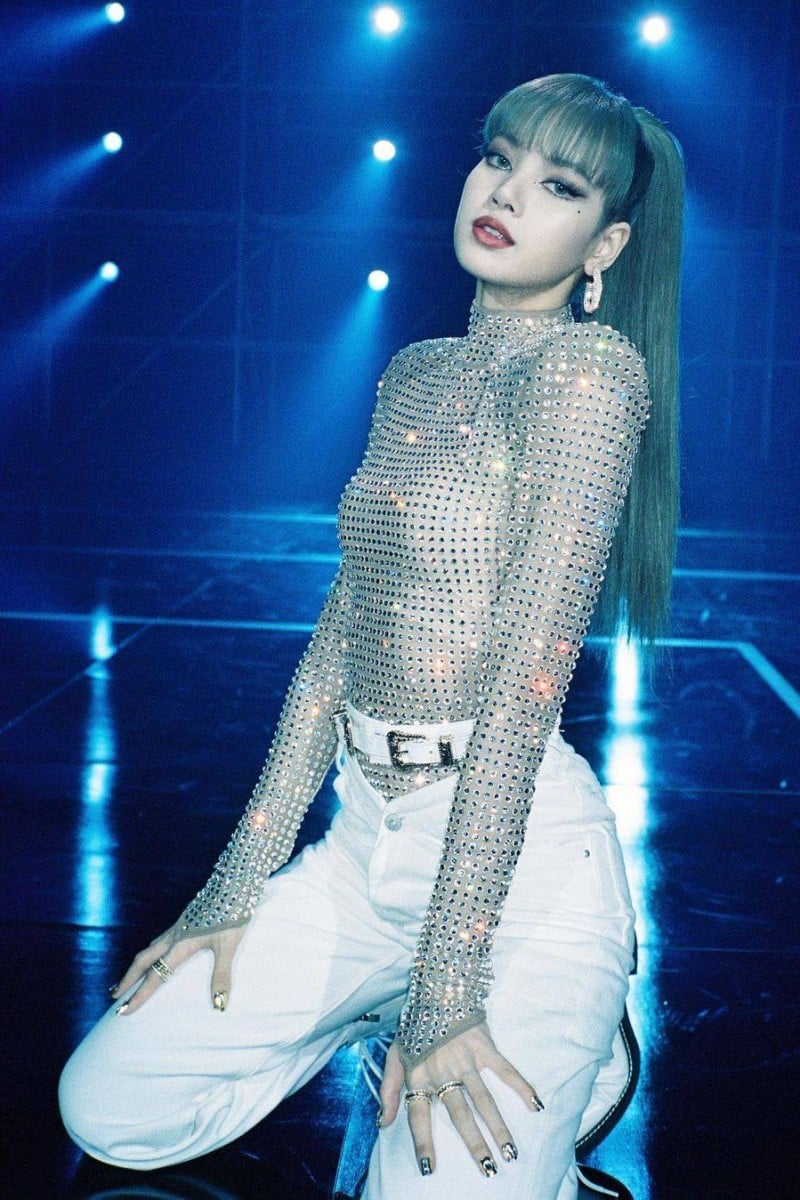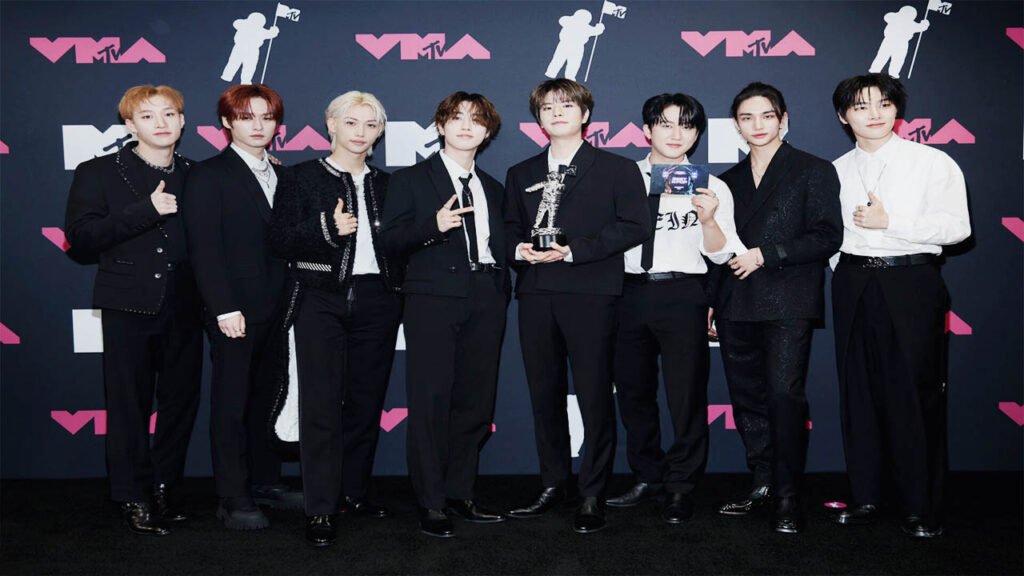Stray Kids, the South Korean pop band, has not been officially deemed racist. Allegations, if any, have lacked substantial evidence for such claims. Stray Kids, a globally recognized K-pop group, has been surging in popularity since their debut in 2017. Known for their energetic performances and diverse music styles, they have amassed a dedicated international fanbase. The group consists of members with a blend of talents, including singing, rapping, and dancing, each contributing to the dynamic nature of their performances.
They’re often praised for their self-produced music, which touches on themes of self-identity, adolescence, and personal growth. As rising stars in the music industry, Stray Kids have been subjected to the public eye and scrutinized on various platforms, leading to discussions about their conduct and cultural sensitivity. Despite controversies that sometimes arise in the entertainment industry, there has been no conclusive evidence to label Stray Kids as racist.

Controversies And Accusations
In the dynamic world of K-pop, Stray Kids, a high-flying group, has found itself amid swirling controversies. Accusations of racist actions have touched this beloved band. Fans and critics closely watch the unfolding events. Stray Kids confront these challenging moments head-on.
Incidents That Sparked Debate
Racism is a hot-button issue worldwide. Stray Kids has been in the spotlight for several reasons. Cases alleged to be racist have led to widespread debates. Here’s a glimpse at some incidents:
- Misunderstood Lyrics: Words from their songs were once questioned for racial tone.
- Cultural Representation: Certain style choices sparked conversations about cultural appropriation.
- Social Media Mishaps: Online posts inadvertently caused controversy due to their content.
Fans’ Reactions To Allegations
The fan base of Stray Kids, popularly known as ‘Stay’, has shown mixed reactions:
- Fans rally behind their favorites, highlighting the need for cultural understanding.
- Some express disappointment, prompting an examination of the group’s actions.
- A section of fans promotes education on sensitive issues for all, including idols.
Fan forums and social media are ablaze with discussions. Supporters seek clarity. Accountability is a shared goal. Stays wait for the group’s response.
View this post on Instagram
Cultural Context
The discussion around ‘Is Stray Kids Racist?’ often revolves around the cultural context in which their music and performances exist. This context is crucial to understanding the complex interplay of global influences, particularly from hip-hop culture and the boundaries of cultural exchange versus appropriation. Let’s dive deeper into these pivotal aspects that shape our interpretation of Stray Kids and similar artists in the music industry.
The Influence Of Hip-hop Culture
Hip-hop’s global impact cannot be overstated, especially in South Korea’s music scene.
- Began in the streets of New York.
- Emphasizes storytelling and expression.
- Promotes diverse and innovative styles.
Stray Kids, like many K-pop groups, draws inspiration from hip-hop. This includes rap flows, fashion, and attitudes. The important question is how they handle this influence concerning its origins.
Understanding Cultural Appropriation
Cultural appropriation is a sensitive topic in the global conversation.
- Involves adopting elements from a culture.
- Can be seen as disrespectful if done insensitively.
- Requires balance and understanding.
For Stray Kids, it’s critical to find the line between celebrating hip-hop and misusing its elements. Analyzing their art means assessing their awareness of the culture they represent and possibly borrow from.
Stray Kids’ Response
Discussing Stray Kids’ Response to the sensitive subject of racism involves looking into what the group and their management have communicated. Fans and the public alike eagerly await such responses to understand the group’s position and values.
Official Statements
Both the K-pop group Stray Kids and their management, JYP Entertainment, take accusations of racism seriously. After an incident or allegation comes to light, they often release official statements to address the concerns raised. These statements aim to clarify their stance and are shared across various platforms like social media and press releases to reach as many people as possible.
Official statements highlight the group’s commitment to cultural sensitivity. They stress the importance of understanding diversity. Stray Kids reassures fans of their dedication to learning from their experiences. The group usually takes full responsibility if a mistake is made. They often express sincere apologies to anyone offended.
Subsequent Actions
- Education on cultural differences
- Engagement with cultural consultants
- Public apologies via social media
- Training workshops on sensitivity
Following official statements, Stray Kids often take visible actions. These actions serve to rectify any mistakes and prevent future issues. For instance, the group may collaborate with cultural experts to gain deeper insights. Such initiatives indicate their willingness to grow and respect all cultures.
The subsequent actions display a proactive approach. Stray Kids ensures they set a positive example for their fans. Learning from past incidents is a priority for the group. Their commitment to positive change plays a crucial role in their ongoing success and connection with fans globally.
Media And Public Scrutiny
Stray Kids, a popular K-pop group, faces media and public scrutiny. Rumors and allegations around racism have sparked conversations. Fans, detractors, and curious onlookers all turn their eyes to the unfolding drama.
Coverage By News Outlets
News platforms shine a spotlight on the Stray Kids controversy. They ask hard questions. They share different opinions. Articles and reports are everywhere. They aim to uncover the truth.
- Television segments address fans’ concerns.
- Online articles analyze past events.
- Interviews with experts offer insights.
Reputable sources work to keep the public informed. Their goal is clear and factual reporting.
Social Media Buzz And Outrage
Social media is ablaze with comments and hashtags. Twitter, Instagram, and forums are hotspots for debate.
| Platform | Reaction |
|---|---|
| Hashtags trend as fans mobilize. | |
| Stories and posts spread quickly. | |
| Forums | Long threads dissect the issue. |
Outrage grows. Calls for apologies get louder. Fans and critics alike wait for an official response. The group’s reputation hangs in the balance.
Broader Implications In K-pop
The realm of K-pop is a global phenomenon with implications reaching far beyond South Korea’s borders. Issues like alleged racism can taint the industry’s image, sending ripples of concern across its vast international audience. K-pop groups like Stray Kids are observed under a microscope, and any missteps can have broader effects on cultural sensitivity, artist-fan relations, and global perceptions.
Education And Awareness
Education plays a crucial role in addressing racism. It starts with idols and agencies acknowledging cultural differences. Through educational programs, artists learn to appreciate diversity. Record labels can hold workshops covering cultural sensitivity.
- Better training for idols in global cultures
- Workshops by experts in diversity and inclusion
- Clear guidelines on avoiding cultural appropriation
Fans also have a role in promoting awareness. Fan bases can create dialogues that encourage understanding. K-pop communities often use social media to educate each other on sensitive topics.
Impact On International Fandom
International fans deeply invest in K-pop groups. They promote songs, vote for awards, and defend their favorite idols. Allegations of racism can affect this relationship.
Immediate effects include:
| Impact | Explanation |
|---|---|
| Fan backlash | Upset fans can lead to social media outrage. |
| Boycotts | Some fans might stop supporting the group. |
| Damage to brand deals | Endorsements may be at risk if the group’s image suffers. |
| Apologies | Groups often issue apologies to maintain fan support. |
Long-term impacts revolve around fandom dynamics. Fans expect idols to understand and respect various cultures. Staying educated on global norms becomes paramount. Companies must reflect on their practices, reinforcing that K-pop is an inclusive space.
- Inclusive fan events that respect all cultures
- Merchandise that avoids cultural insensitivity
- Music videos that portray cultures accurately and respectfully

Credit: www.scmp.com
FAQ Of Is Stray Kids Racist
Who Are Stray Kids?
Stray Kids is a South Korean boy band formed by JYP Entertainment. The group debuted in March 2018 and has since gained international popularity with its music and performances.
Has Stray Kids Faced Racism Allegations?
No widely verified reports suggest that Stray Kids has been involved in racism controversies. Generally, they’re known for a diverse fan base and inclusive messages in their music.
How Does Stray Kids Address Social Issues?
Stray Kids often incorporates social themes into their songs, discussing topics like mental health, self-acceptance, and the pressures faced by youth in a rapidly changing world.
Conclusion
Understanding the gravity of racism is imperative in the music industry. Stray Kids have proven to be a group that emphasizes respect and inclusion within their global fan base. Allegations questioning their views have been addressed, emphasizing the band’s commitment to unity. As fans continue to support Stray Kids, it’s important to focus on fostering a culture of understanding and respect.


